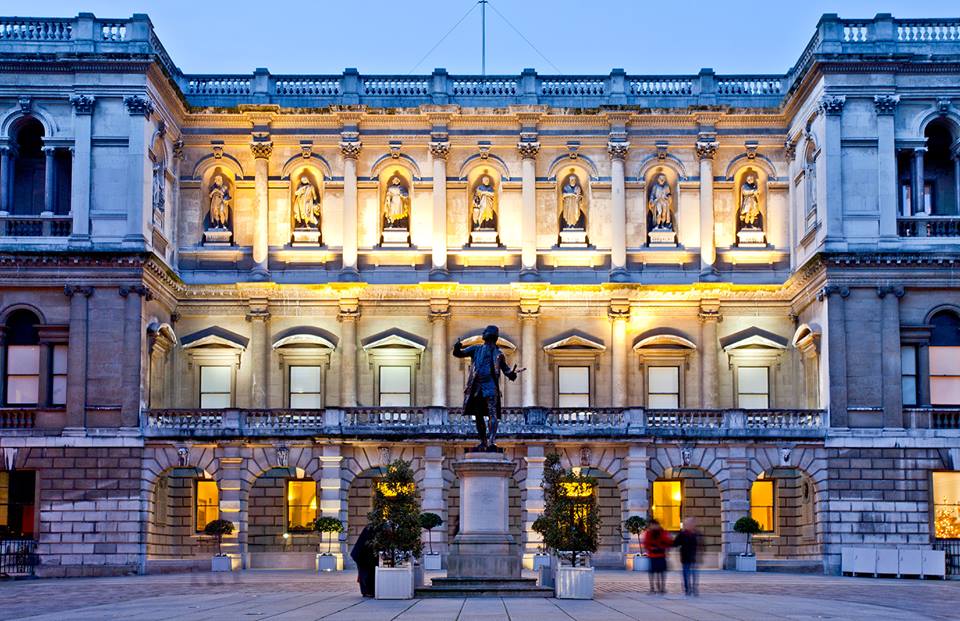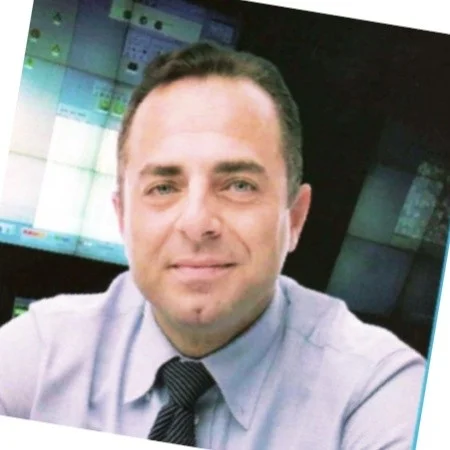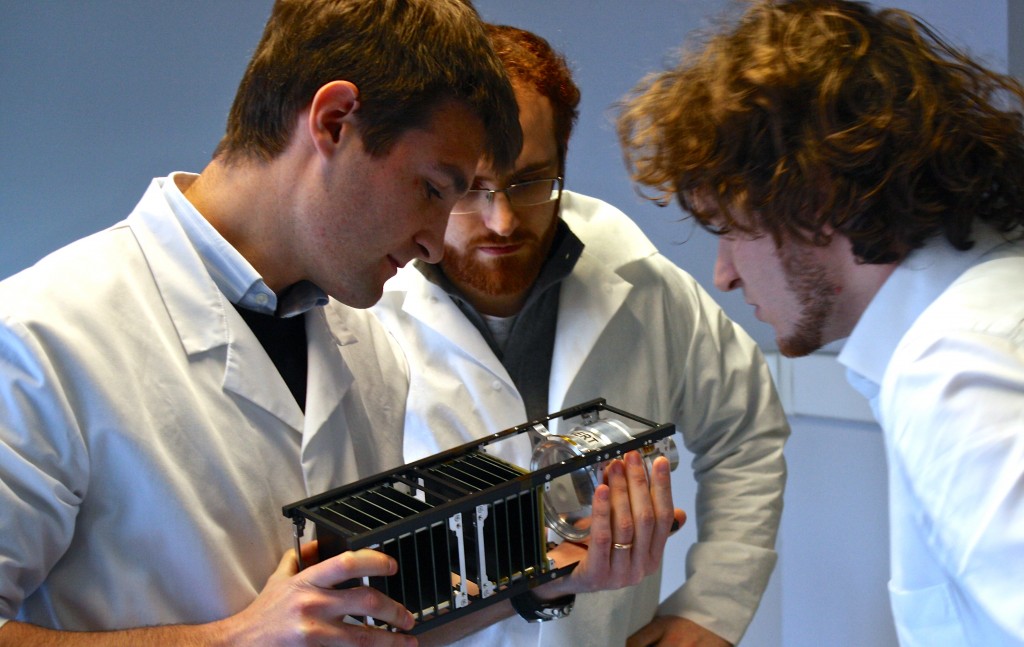“A partnership of entrepreneurs and managers willing to give back to the next generation of innovators.”
iStarter, Italian angel-led start-up accelerator, supports Italian champions to scale globally. Established in 2012, they quickly reached a million-dollar capitalisation thanks to a network of 100 investors or Equity Partners.
Ahead of the upcoming istarter Made in Italy 2020 event taking place in New York on April 4th, I reflect back on my impressions of the previous successful London edition of MII2020.
What happens at iStarter events?
The location is the prestigious Burlington House on Piccadilly, I am attending the 3rd London edition of “made in Italy 2020” by istarter, the leading accelerator of Italian start-ups led by Simone Cimminelli.
As I enter the elegant room the first thing that strikes me is the energy. Enthusiasm. Passion. Optimism. Trust. Impossible not to notice.
We are talking success today, steady innovation to solve today’s global challenges. We are talking impact. The focus is on tech and digital successful startups launched by Italian entrepreneurs that have achieved outstanding metrics.
The goal is to showcase the best innovators and present them to an audience of international investors across the globe and specifically in London, Beijing and NYC, all known for the increasing number of VCs.
iStarter leverages the reach and expertise of 100 equity partners and increasingly attracts leading institutional investors as well as angel investors. An impressive 55 investors are attending today.
We discuss impact, portray the energy, and bring some home to Switzerland, and to the world.
What is clear is that Italians remain steadily at the top of the European charts by wealth pro-capita and the start-up landscape has been booming year on year.
“A strong sign that Italian creativity, already well known for food, fashion and design, has for a while now been shining in innovation and tech” says Simone Cimminelli. How does an accelerator make money is the first question that comes to mind. “There is surely less risk in investing in Apple but the returns on investments on start-ups can be significantly higher.”
So much for tired stereotypes, populism sweeping across the world and economic challenges, there are no talks of any of that here today.
The Investors
Andrea Conte
I exchange a few thoughts with Andrea Conte, technology entrepreneur, investor in more than 20 companies and mind behind the success of Fastweb, under his guidance the well established telco provider achieved revenues of 1,7B€.
“MII2020 is a beneficial display of our still extraordinarily alive, creative and inspired entrepreneurial panorama. Italian innovators represent an unexploited opportunity to invest in, with excellent evaluation, if compared to the rest of Europe, my company will invest in at least one scale up today”.
Q. Andrea, what does impact mean for you?
A. A business can impact society in two ways: creating better tools to satisfy needs, or creating new opportunities to improve the socio-economic environment. What characterises my approach is the development and application of cutting-edge technologies, with specific reference to AI, to create new business models. It's a vision that includes, integrates and enhances the human layer, rather than replace it. My Companies employ over 500 people and most of them are in direct contact with clients: their expertise and their empathy skills are the added value in which I invest in every day, augmenting their relationship capabilities with Artificial Intelligence. We aim for quality and innovation instead of cutting labor costs with creative offshore.”
Gender gap?
Right to left: Fausta Pavesio, Riccarda Zezza, Antonio Chiarello, Manuela Andaloro attending the annual iStarter event in London
Women’s representation among the start-ups was 25%, slightly lower on the investor side, so I was very interested to discuss the topic of gender in business with Fausta Pavesio, an Angel Investor in breakthrough ventures, named by EU Startups among the 50 most influential European women in Startup and VC.
In June 2018 Fausta was named “Woman Business Angel of the Year” by EUWBA/EBAN. In other words, a force of nature who recalls her early days in tech when she followed her husband in the US in the early nineties and was the only woman in the field on many occasions.
Q. Fausta, what do you think of MII2020?
A.Made in Italy 2020 in London has been a great event: 16 scale-ups of great value in different verticals are the evidence of Italian entrepreneurship. Despite the political current turmoil, today’s event and the current successful status shows the world that Italy has incredible excellences and resources.
Q. What impact does your business have on society?
A.I am one of the early investors in MAAM: for me impact means dealing with the everyday life of the people, and improving it.
Q. As a senior executive, where do the synergies between your professional and personal goals lead you daily?
A.Very difficult question: I love my job as a mentor and investor, I love young entrepreneurs. I always say that tracing the line between my professional and personal life is almost impossible: I am leaving tomorrow for a study trip in Berlin with 15 female entrepreneurs: is this work or fun? I really can't say!!!
The Scale-Ups
So what are the most striking ventures and start-ups that achieve systematic impact? I have caught up with a few of the impact-makers attending and exchanged ideas and impressions over (many) coffees.
Foorban
An interesting and very successful concept is Foorban’s, a exchange with its CEO, Federico Samuelly, reveals their core mission: boost the everyday quality of life of the modern urban citizens.
“High quality healthy food is key for everyone, and our aim is to provide high quality meals and a great food experience to the ‘urban’ citizen: workplace, home, business trips, commute, we are there.” says Federico.
Life Based Value
Riccarda Zezza speaking to investors
Another very successful company I have been following for many years now is Life Based Value, founded by social entrepreneur and Ashoka fellow Riccarda Zezza. MAAM, their core product has led a successful mission to unlock people’s potential by empowering life based learning.
Q. Riccarda, what do you think about today’s event?
A. It’s meaningful and motivating to see that Italian scale ups attract so much interest.
Q. What does impact mean for you?
A. Impact for me means updating old definitions that frame the reality in a way that generates waste of resources and unhappiness. This is what we do with MAAM: we change the frame, giving space to skills and energies of mothers and fathers that normally are considered as useful only at home, and that can have a huge positive impact in the workplace.
Q. As CEO, where do the synergies between your professional and personal goals lead you daily?
A. To the capacity of being human in everything I do, as every evening I can hug my children and be reminded about the meaning behind my company and my role in it.
D-Orbit
From soft skills to hard science in the space of a few minutes, I sit with Luca Rossettini, CEO of D-Orbit. His company’s mission is to provide end-to-end solutions to “improve new and traditional space businesses by streamlining in-space and on-ground operations with unique, innovative and proprietary technologies”. Their vision, in-space servicing and transportation to enable profitable business and human expansion in a sustainable space.
Q .Luca, what is impact for your and your firm?
A. D-Orbit aims to become the leader in space logistics and waste management. Working for a more sustainable and usable space, we ultimately serve society.
Transforming near-fatal episodes into opportunities
D-Heart
Suffering of a severe heart failure episode at 16 changes your life. Niccolo’ Maurizi decided to turn events to help save lives, creating D-Heart, a portable hospital-grade ECG device.
Q. Niccolo’, how does D-heart work?
A. D-Heart is the first smartphone-based electrocardiograph that is simple to use, clinically reliable, portable and affordable. It allows anyone to perform a hospital-level ECG in total autonomy and to send the results to the 24/7 tele-cardiology service or to your trusted doctor.
Q. How did you start?
A.D-Heart is a biomedical start-up founded in 2015 by myself, a doctor researcher in cardiology at the University of Florence and Nicolò Briante, my co-founder. I suffered a severe myocardial infection at the age of 16 and this changed my life, I decided to become a doctor and transform my problem into an opportunity. D-Heart is the first smartphone ECG device that combines the usability required by the patient and reliability of the ECG wanted by doctors. With the rise of non-communicable diseases there is an urgent call to promote effective and accessible low-cost prevention campaigns in low-income settings. D-Heart is active worldwide in more than 10 countries from 4 different continents in the development of affordable and operator-oriented cardiovascular screening campaigns, partnering with NGOs such as AMREF, private foundations as well as benefit corporation.
The air you breathe
U-Earth
I caught up with U-Earth’s CEO and Founder Betta Maggio and found out that when we think of air pollution we automatically think of big cities, traffic, fumes of cars, trucks, industries and heating systems, but that actually, the closed environments we spend most of our lives in (offices, homes, restaurants) can be as much or in some cases even more polluted. U-Earth leverages innovation and develops biotechnology for air decontamination, aiming at improving the quality of the air we breathe every day.
Q. Betta, what brings you here?
Betta Maggio
A.Made in Italy 2020 is a great vehicle for Italian entrepreneurs to get out of their “ comfort zone” and get challenged on the international scene, well supported from an Italian origin team with competences and deep experience on the local scene. A great advantage where companies can focus on their pitch while all the rest is efficiently taken care of.
Q. What impact would you say your business has on society?
A. We create Pure Air Zones eliminating air pollution from people’s life therefore impact is all we are after ! What does impact mean for me personally? The execution of a true mission which will make the world a better place.
Q. As CEO, where do the synergies between your professional and personal goals lead you daily?
A.They lead me towards a more health-oriented life. I try to adopt a problem solving mentality in everything I do, trying my best to take into account the consequences of my actions and the impact they could have on future generations.
Data Science meets the Real Estate business: A new era of trading
Casavo
A very successful venture seems to be supported by the marriage of real estate and tech: Casavo. The team is young, passionate and expert about technology. Only 17 months after launching, Casavo has raised €7 million in Series A funding. This brings the total raised by Casavo to €21 million in equity and debt funding.
I have discussed with Giorgio Tinacci, Casavo’s CEO the base of their success. “Our team. An international team whose heart beats in Milan. We are supported by investors and experts with decades of experience in Real Estate to achieve our goal of making the Real Estate market simple, fast, and safe.”
Q. Why MII2020?
Casavo team
A. MII 2020 was a great opportunity to connect with entrepreneurs and investors. For around a decade, Italy has been lagging behind other European countries in terms of dynamism of the startup ecosystem and, therefore, in terms of investments. Finally, things seem to be changing: during the first half of 2018, the amount of investments obtained by Italian startups overcame the sum of the investments received in 12 months in 2017. Numbers matter, but opinions are important too, and we’ve been told by international VC funds that their feeling is clear: something is happening in Italy. MII 2020 reflected this trend: cutting-edge technologies, clear visions for the future, real innovation and the ambition to become leaders in Europe in their own field.
Q. As CEO, where do the synergies between your professional and personal goals lead you daily?
A. As a young entrepreneur, I believe in offering our employees the best career paths and opportunities to grow their skills in a fast-growing and innovative context. Casavo’s management team is young, but we want younger people to see they can make their dreams true, while inspiring other young wanna-be entrepreneurs. I am doing my best to reach this goal while offering people a way to get control over house-selling.
The bigger picture
The 55 Investors involved @iStarter MII2020 London
Italy has a long history of innovation, from the technological achievements of the Roman Empire to the development of the radio by one Guglielmo Marconi. Of late, however, Italy has had something of a reputation for being bureaucracy-heavy and risk-averse, both of which are never good from the point of view of an entrepreneur. Yet this is beginning to change, with new initiatives from the Italian government and private parties that have made it easier for startups to, well, start up.
The Italian startup scene has had a few notable success stories. Talent Garden, a co-working network based in Milan, recently raised €12 million in funding, and now has 17 locations across Europe.
The biggest challenge that Italian startups face, in addition to having to navigate bureaucratic red tape, is funding. Because startups are a relatively recent concept, many institutions are reluctant to lend them the money they need. As Antonio Chiarello, Vice President of iStarter notes, "The challenge startups face in Italy is the availability of capital and local financial resources to support their creativity and innovation," adding that Italy's "startup ecosystem is widespread, early stage and vast, making it ripe to invest in its digital market."
iStarter aims to bridge that gap, using the expertise of its investors as entrepreneurs and managers to mentor local companies and support their growth, connecting Italian companies and other international markets, including the US, UK, and China. (Inc.)
M.
(info@smartbizhub.com)











